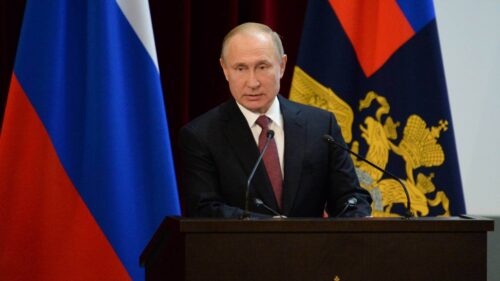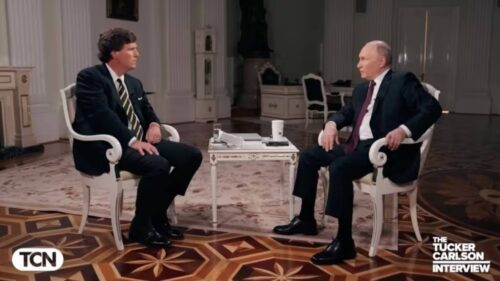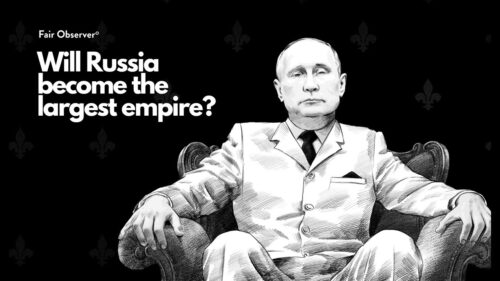Ukraine keeps warm diplomatic ties with the West. This includes Ukrainian President Volodimir Zelensky's July 11 appearance at the NATO summit in Washington, DC, to bolster the provision of funds and materiel for Ukraine’s war effort against Russia. Likewise, but in the opposite hemisphere, Russian President Vladimir Putin has been doing the same. This includes a recent trip to North Korea, which has severe implications for the geopolitical landscape.
The trip was a strategic move and a successful one. Russia’s artillery-heavy style of warfare blows through materiel fast, and it needs all of the suppliers it can get, including North Korea. in In the past year, North Korea has supplied Russia with an estimated 5 million artillery shells, which is approximately a year and a half’s worth of war supplies. North Korea also agreed to send a large number of laborers to Russia.
The trip was also a pointed response to the United States’ reversal of its policy forbidding Ukraine from using US-manufactured weapons to attack Russian territory.
What does the trip say about Russia’s status in the world?
The Russian–North Korean alignment creates further implications for the United States’ tensions with China and the general region in Southeast and Southern Asia. Putin’s trip showed that it is not a “Han tributary” and instead its own power in the region, independent of Chinese influence. It also showed Russia can help the “Global South” acquire resources and support from powerful states without pressure to abide by the democratic and humanitarian norms established by the US.
The important thing for these nations is finding who will fill their gasoline tanks in the most economical way. And the answer, right now, is Russia. If Russia only had principles to offer, these developing nations would not pay too much mind to it. Putin’s trip crystallizes the global normative order Russia is seeking: a transactional model of international relations.
The real winner of this shift is India, with a world-class technological sector and masses of cheap labor, although it will need to “get its act together” as Vietnam is also highly attractive form manufacturing. The loser is China. Even though Beijing also seeks to undo the US-led “normative” international order, on the economic front, it may lose ground to its competitors in the Global South due to its higher labor costs.
In truth, however, Moscow does not have a free hand. Putin’s strategy will be a success only as long as China believes tolerating Russia is preferable to pulling the plug on their relationship. If Chinese President Xi Jinping decides that Putin’s maneuvers create unacceptable problems between China and the US and globally, then China will exert pressure and Russia will have to back down. Russia may be a fortress economy with a formidable supply of fossil fuels, but it cannot do without the economic heft of its much more populous southern neighbor.
At the same time, Russia and China both command a significant amount of soft power. We saw this in the June 2024 Ukraine peace summit held in Bürgenstock, Switzerland: No emerging economy present in the conference sided with Ukraine. In fact, most of the world is sitting back and watching the Russia–Ukraine war because, even three decades after the fall of the Soviet Union, Moscow still has significant power in the Global South in a way China doesn’t. For its own part, China is locked in a symbiotic relationship with Russia that is much more complicated than simple comparisons of power will suggest.
Handling a troublesome partner will prove to be a thorny task for Xi.
[Lucas Gonçalves wrote the first draft of this piece.]
The views expressed in this article/video are the author’s own and do not necessarily reflect Fair Observer’s editorial policy.











































Comment